21 March 2013, New Delhi: After a long struggle staged by the civil society organizations and anti child labour organizations, the Parliament of India has passed the Criminal Law (Amendment) Bill 2013. With the President’s assent, the Bill will be notified as an Act soon. This Bill has replaced the Criminal Law (Amendment) Ordinance 2013 that was promulgated on February 03, 2013.
Global March Against Child Labour and its partner organization in India Bachpan Bachao Andolan (BBA) have been for long demanding definition and criminalization of trafficking in the legal statutes. This demand further intensified after May 2011 when India ratified United Nation’s Palermo Protocol following a Supreme Court directive in the case of Bachpan Bachao Andolan vs Union of India. The definition of trafficking as proposed to be included in Section 370 of the Indian Penal Code (IPC) is in line with the international definition of trafficking. Additionally section 370A criminalizes the employment of trafficked children for sexual exploitation. Under the Bill that has been passed by the Parliament today any contravention to Sections 370 and 370A of IPC will attract very stringent punishment which in some cases would extend to rigorous imprisonment for the remainder of the offender’s natural life.
This legislation comes against the backdrop of the brutal gang rape and murder of a 23 year old paramedic student in Delhi earlier in December 2012. There was an unrelenting public outrage across the length and breadth of India that compelled the government to amend the criminal laws of the country. The Government appointed a three member Justice Verma Committee to recommend amendments to the criminal law so as to provide for quicker trial and enhanced punishment for criminals accused of committing sexual assault against women. Both Bachpan Bachao Andolan and Global March had made elaborate submissions to the committee for defining and criminalizing trafficking of children which forces them into the whirlpool of all forms of exploitation including rape. Justice Verma Committee submitted its report on January 23, 2013 including the recommendations made by the civil society organizations towards trafficking of children.
Over the last forty five days Global March and BBA individually met with almost all the members of the Parliamentary Committee on Home Affairs that were vested with the responsibility to deliberate upon a robust Criminal Law (Amendment) Bill. They also reached out to all Members of Parliament seeking their support for strict laws against trafficking in persons. The Chair of Global March, Mr. Kailash Satyarthi wrote to the President; Prime Minister and Chairperson of the ruling coalition in India strongly advocating for inclusion of provisions against child trafficking in the Bill. He also met the Leader of the Opposition in both the houses of Parliament and the leaders of all political parties to build consensus on the inclusion of the provisions against trafficking and the employment of trafficked persons including children.
Not only does the legislation clearly define and lay down the procedures to deter sexual crimes against women, but as a landmark also includes the definition of trafficking in persons for the first time in the Indian criminal justice system.
Kailash Satyarthi lauding the inclusion of provisions against trafficking in persons in the Indian Penal Code said, “It is a watershed moment in the history of India that provisions against horrendous crimes of trafficking in persons for exploitation, situations similar to slavery and servitude have been included in the legal statutes. It undoubtedly is a victory for all anti-trafficking, anti-slavery and anti-child labour campaigners across India and the world. The passage of Criminal Law (Amendment) Bill 2013 showed the political will and urgency of the law makers and the government”.
Global March holds trafficking to be the greatest form of abuse and violence against children and women. Slavery including child labour, forced labour and bonded labour is the result of the criminal process of trafficking in persons and needs strong deterrent in the law reinforced by effective implementation and overall rehabilitation and social protection framework.
Application/pdf icon Letter to Hon’ble President of India
Application/pdf icon Letter to Hon’ble Prime Minister of India
